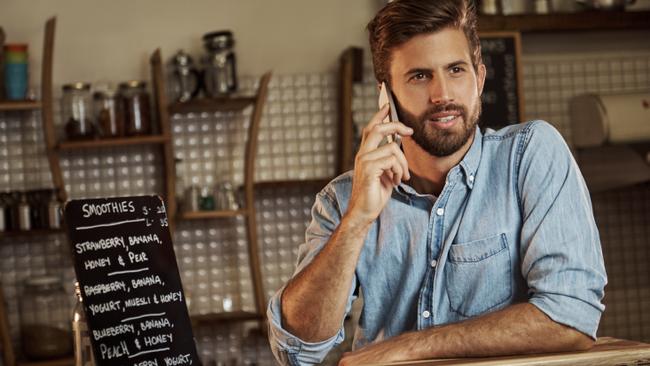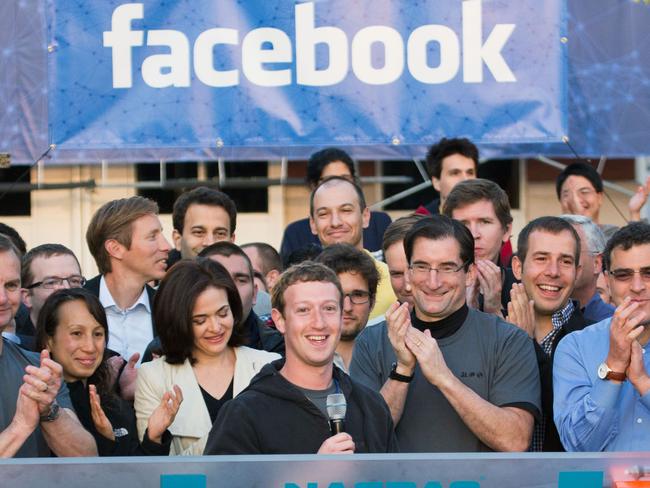The high cost of Australia’s housing obsession
ONE “pathetic” figure is eroding Australia’s future and costing us jobs. It has to change if we want to secure our economic future.

AUSTRALIA spends 20 times more money on subsidising negatively geared property than funding start-up businesses and this could cost us jobs and our economic future, one senior financial analyst says.
Ivor Ries, a Morgan’s stockbroking firm analyst, said one of the greatest weaknesses in the Australian economy was the lack of investment in infrastructure and early stage businesses.
“We are miles behind places like the US in financing young, growth businesses. We’re pathetic really compared with the US,” he told the ABC this week.
He said about $250 million was available in venture capital for young entrepreneurs each year. This was about 20 times less than what taxpayers spent subsidising investment properties, which do not create jobs.
“We currently give $4 billion a year to investors via the tax system to subsidise people buying negatively geared rental accommodation,” he told news.com.au.
Mr Ries said Australia was basically a country that subsidised nonproductive capital.
“If someone borrows money to buy residential property, it doesn’t create any jobs,” he said.
“We’re giving already well-off people subsidies to buy more property, whereas the country in total spends $250 million a year on venture capital. There’s something wrong with that balance.”
It also meant that Australia was basically “exporting jobs”.
“It just means there will be less jobs here in the longer term. We’re just exporting jobs at the moment,” he said.
The money spent on venture capital was even less than the $1 billion Australians spent buying luxury sports utility vehicles (SUVs) every year. A high proportion of these vehicles will be used as private cars but written off as a business asset, which the taxpayer pays for.
“The reality of life in Australia today is we subsidise people buying high-end SUVs but we don’t give as much to venture capital,” Mr Ries said.
Mr Ries said the tax system should be tilted back towards things that actually created wealth and jobs. He saw at least two businesses a week that had developed some fantastic technology but could not get funding.

“I’ll give them a list of 25 venture capital funds in Australia and I will say to them, ‘Don’t expect to get any money out of them because they are fully committed’ and I think any small business that’s got great new technology, or a great new business idea in Australia at the moment is probably getting that advice from multiple sources around the country,” he told the ABC.
“We just don’t have the capacity to fund these businesses at the moment.”
If Australians did start investing in venture capital at the same rate the US did, spending would jump from $250 million to $4.9 billion a year.
The risk of not doing this could condemn the country to low employment growth and a sticky unemployment rate, which is hovering about 6 per cent.
“These businesses are the Apples and Facebooks of tomorrow, they end up employing tens of thousands of people, and basically those businesses don’t get off the ground in Australia,” Mr Ries said.
Instead they went mostly to the US, where they were 20 times more likely to find funding, but also to Europe and Asia.
“They start up those businesses there, and they create new industries and new revenue streams for the governments in those economies. So we’re not just losing jobs, we’re actually losing future government revenue,” Mr Ries said.
He said more tax concessions should be made available.
“I think the government needs to make it much more attractive to invest in these things which, by their nature, are much more risky,” he told news.com.au.
“Nine out of 10 of them will fail but the one that succeeds will often be hugely successful.”

Reserve Bank governor Glenn Stevens said on Wednesday that Australia’s future prosperity would depend on raising the economy’s growth potential.
“Our collective ability to deliver social policy outcomes, to enjoy the benefits of a good society, or at a more basic level to provide public services and even to defend ourselves, ultimately rests on a productive economy,” he said.
“We all know that competitive markets, investment in education, skills and infrastructure, and adaptability, are key parts of that growth narrative.”



